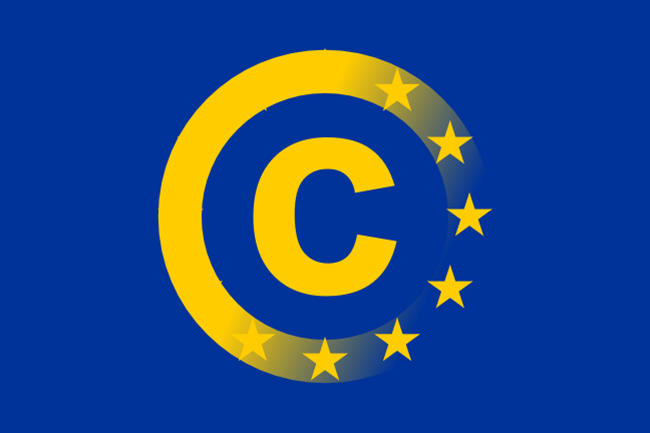Aanbevelingen uit een Europees rapport over thuiskopieheffingen
 Uit ´t persbericht: The first part of Mr Vitorino’s recommendations relates to new business models and refers to the need to clarify that copies that are made by end-users for private purposes in the context of a service that has been licensed do not cause any harm that would require additional remuneration in the form of levies.
Uit ´t persbericht: The first part of Mr Vitorino’s recommendations relates to new business models and refers to the need to clarify that copies that are made by end-users for private purposes in the context of a service that has been licensed do not cause any harm that would require additional remuneration in the form of levies.
The second part of the Recommendations focuses on how to improve the functioning of levy systems in order to reconcile them with the free movement of goods and services in the Single Market. Mr Vitorino recommends to:
- Collect levies in cross-border transactions in the Member State in which the final customer resides;
- Shift the liability to pay levies from manufacturers and importers to retailers provided that the tariff systems are simplified and that manufacturers and importers are obliged to inform collecting societies about their transactions concerning goods subject to a levy; or, alternatively, establish clear and predictable ex ante exemption schemes for those operators that should in principle not bear liability ;
- Place more emphasis, in the field of reprography, on operator levies than on hardware-based levies;
Make levies visible for the final consumer; - Ensure greater consistency with regard to the process of setting levies, notably by defining "harm" (i.e. caused to right holders by acts of copying made by virtue of the private copying and reprography exceptions) uniformly across the EU and by simplifying the procedural framework in which levies are set, guaranteeing its objectiveness and ensuring the observance of strict time-limits.
Inhoudsopgave:
Introduction
Executive summary
I. New business models, licensed services and
The private copying exception
New business models in the digital environment
Copies made in the context of licensed services
II. Levy systems in the internal market
The general "leviability" of products
The country of destination principle in cross-border transactions
Double payments in cross-border sales and the liability to pay levies
Non-application of private copying levies to professional users
Specificities with regard to the reprography exception
Ex ante exemptions as a possible alternative to shifting the liability to pay
Levies to the final point of sale
The visibility of levies
Methodology
- the notion of harm
- establishment of the level of tariffs
Pagina 8, bevat een uitnodiging aan het adres van het Hof om uitleg te geven over zaken in de lopende VG Wort-zaken, IEF 12269:
My conclusions appear to be in line with the current legal framework (in particular Recitals 35 and 45 of Directive 2001/29/EC), as the latter allows for, and potentially favours, contractual relations that are designed to ensure the payment of rightholders. I also believe that my conclusion is supported by the decisions of the CJEU in Cases C-467/08 (Padawan vs SGAE) and C-462/09 (Stichting de Thuiskopie vs Opus). In these judgments the Court stressed that fair compensation must make good the harm rightholders suffer because of the unauthorised reproduction of their works. This could be seen as an indication that authorised – i.e. licensed - reproductions do not cause any 'harm' that would require fair compensation. The Court will have the opportunity to clarify this matter further in pending Cases C-457/11 – C-460/11 (VG Wort vs Kyocera Mita et al.).
Op andere blogs:
KluwerCopyrightBlog (EU: Private Copying Recommendations fall in January)





















































































